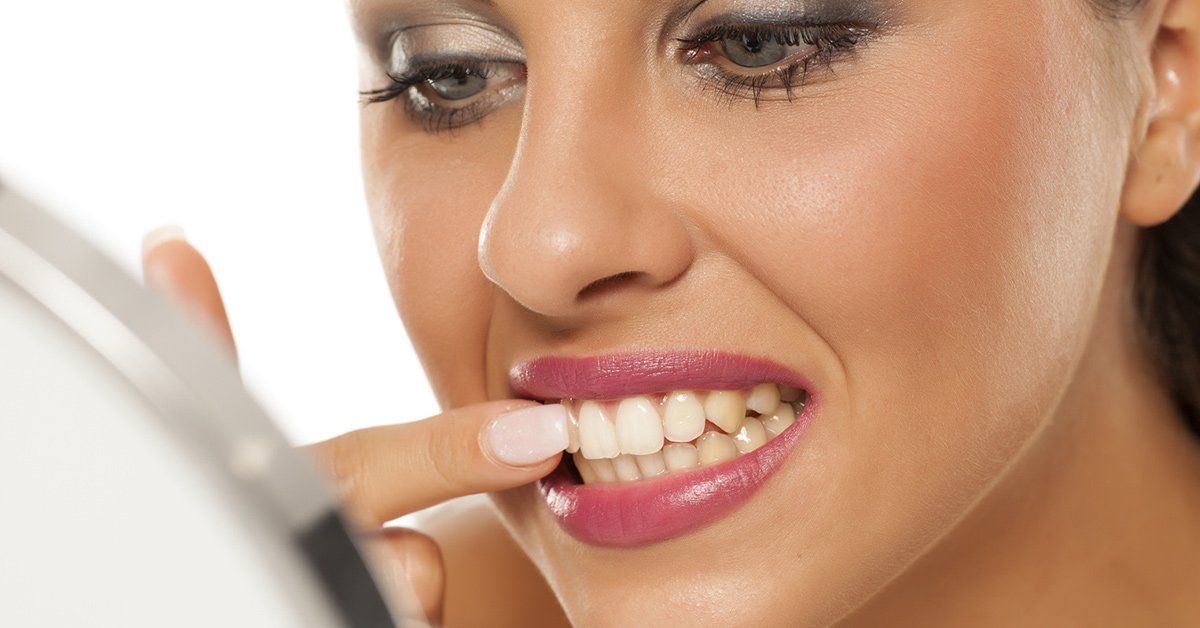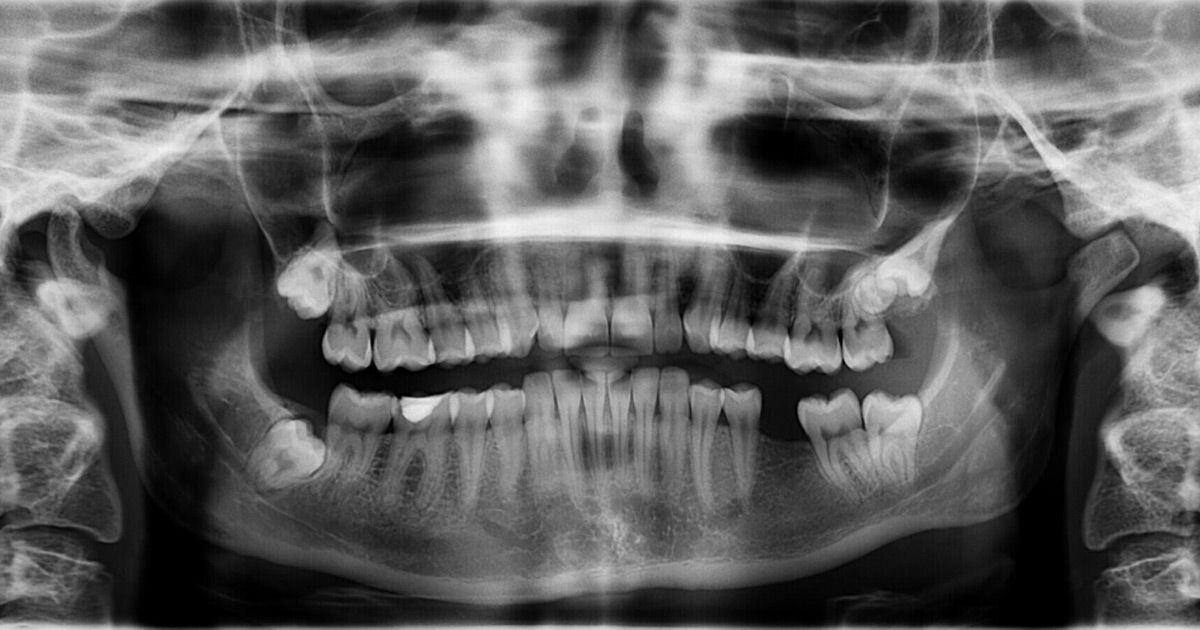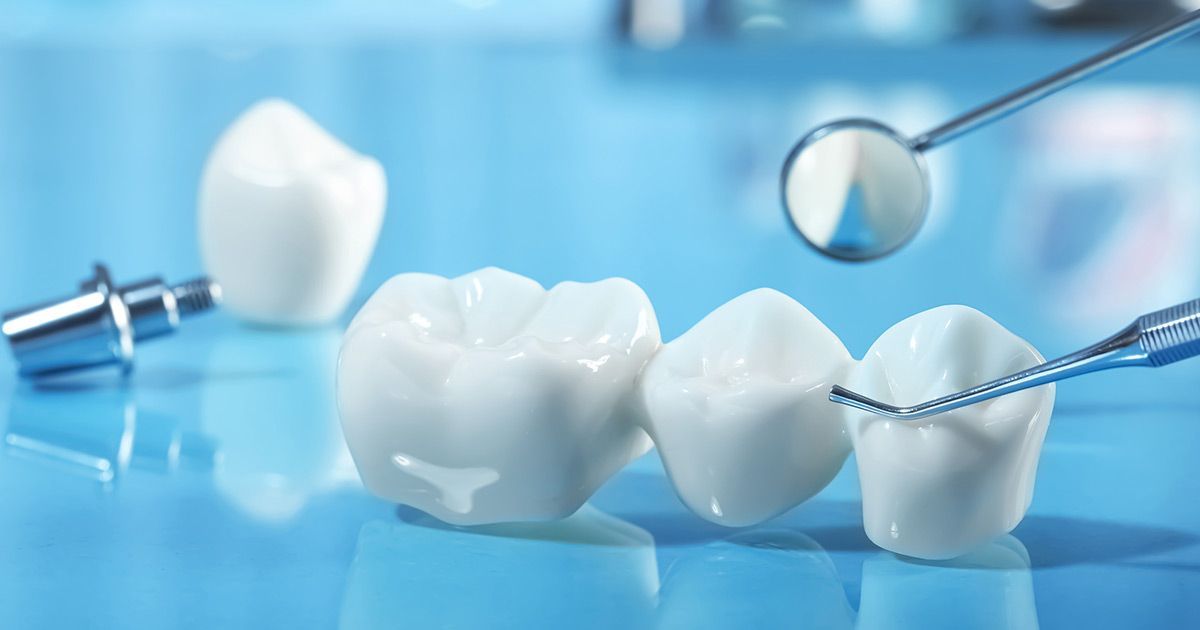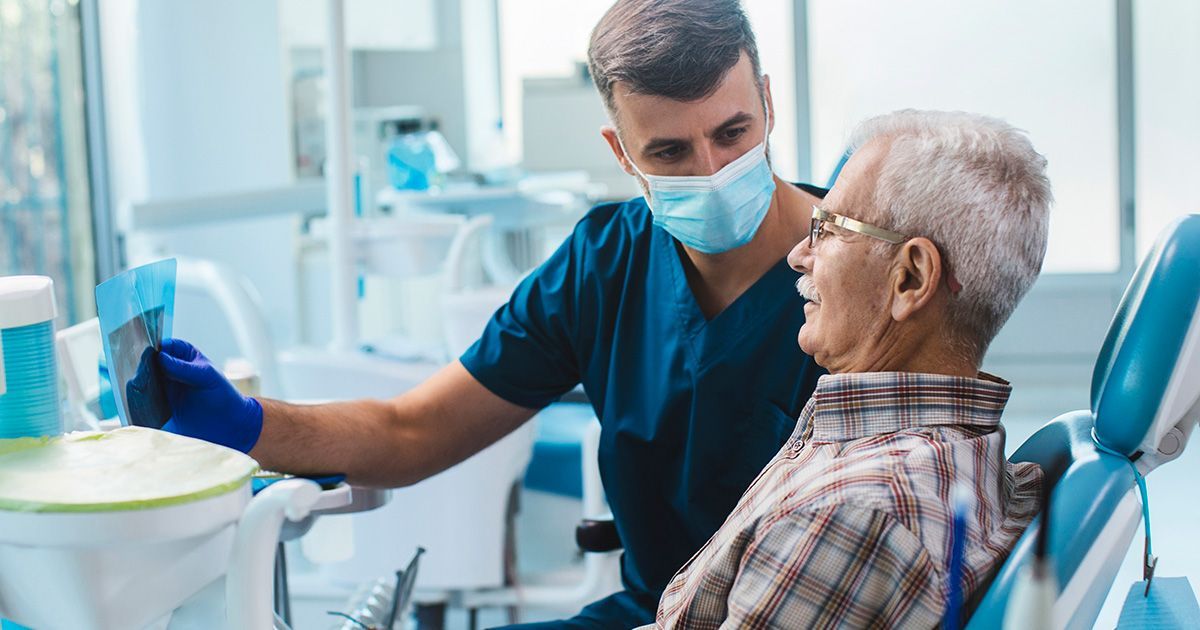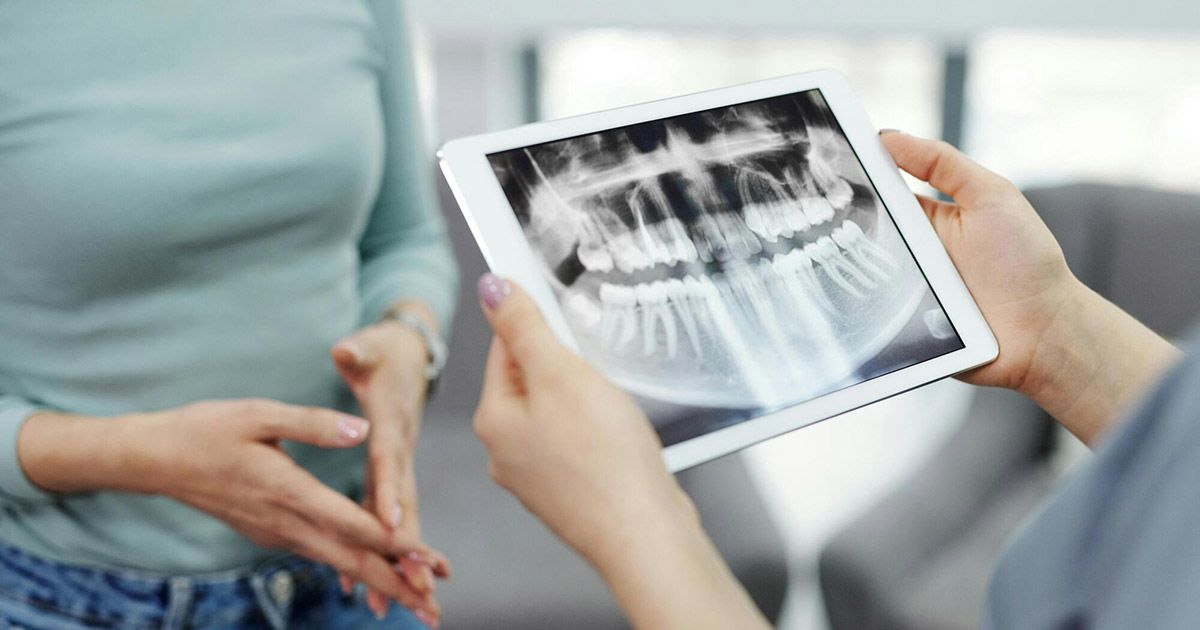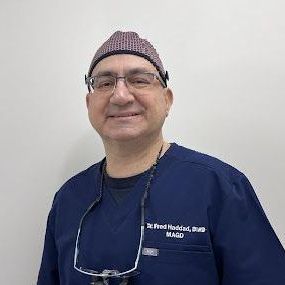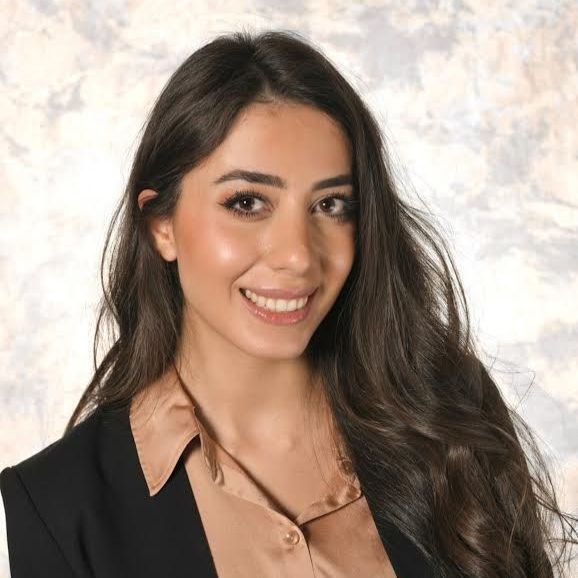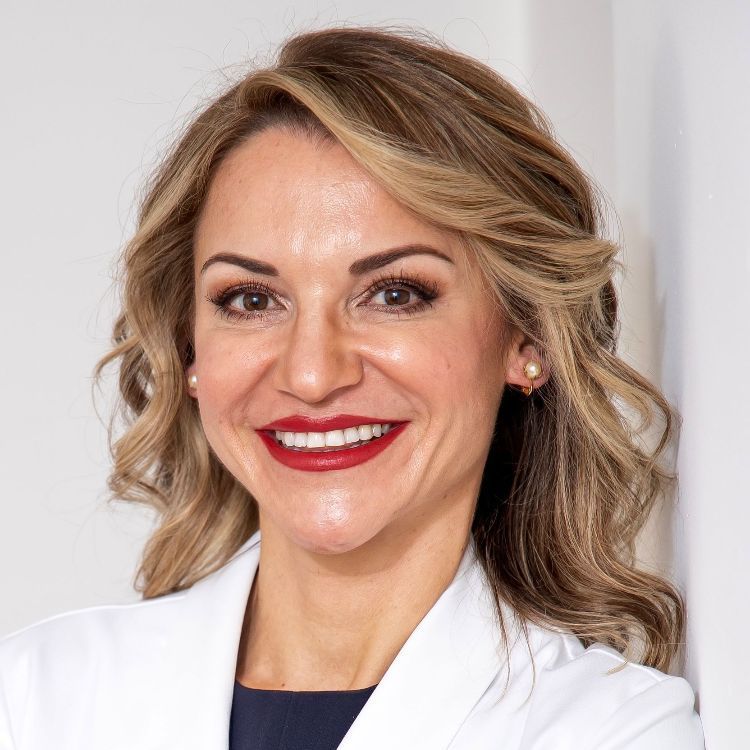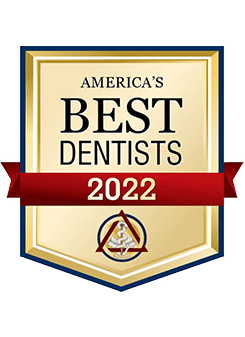7 Science-Backed Cavity Prevention Tips
We know. You look forward to going to the dentist like it's a vacation to Maui. It has all the trappings of a delightful walk on the beach.
Protecting your teeth is very easy once you form healthy habits. Then they become part of your everyday life. Read ahead to brush up on your knowledge of oral hygiene and find out new ways to protect your pearly whites from cavities.
What a cavity forms, it makes a permanent hole in your tooth. If it goes without treatment it will get bigger and may even get infected.
Here are 7 cavity prevention tips that are backed by science.
1. Brush and Floss
2. Eat Healthy Foods
Fruits and vegetables probably come to mind when you think "healthy foods," and you'd be right. If you eat dried fruit, try to brush right afterward because these can result in bits getting stuck between your teeth. This also goes for fruit juice, soda, chips, and sweets (hello, caramel).
Some of the other culprits include flavored milk, sweet yogurt, sugary cereals, and jams. Even syrups, sauces, ketchup, and marinades can cause cavities. Everything in moderation.
3. Avoid Frequent Snacking
Unless you want to deteriorate your tooth enamel and get fillings often, try to limit snacking to once or twice a day. If you snack too often, acids will form from the constant exposure to oral bacteria. Yum.
The best snacks for cavity prevention include celery, apples, and carrots. They give you teeth a scrape and sort of brush your teeth for you. Snack on nuts, cheese, and yogurt which actually help repair tooth enamel because of their high calcium and phosphorus content.
4. Use Fluoride Mouth Rinse
If your dentist tells you that you're at high risk for cavity development, go get yourself some fluoride mouth rinse. Children under 6 should avoid using mouthwash because they might accidentally swallow it.
Does mouthwash actually prevent cavities? According to the NCBI, the combined results of 35 trials show that cavities were reduced by 27% among children and adolescents who used fluoride mouth rinse vs a placebo.
The American Dental Association (ADA) tells us there are basically two types of mouthwash: cosmetic and therapeutic. Cosmetic mouthwash will help give you a sparkling white smile. Therapeutic mouthwash helps prevent and control gingivitis, bad breath, plaque, and cavities.
5. Drink Fluoridated Tap Water
Does fluoride prevent cavities? According to the CDC, when tap water is fluoridated, cavities are reduced by approximately 25% in both adults and children.
Fluoride has anticarcinogenic properties (helps prevent cancer). It also has antimicrobial properties (helps stave off bacteria). That's why the fluoride ion (F−) has been successful in treating tooth decay.
Fluoride also works to lower the Ph of the mouth to a more neutral level, robbing bacteria of their energy to grow and reproduce. It also prevents them from creating as much acid as they would otherwise. We know that acid in the mouth leads to cavities by breaking down your protective tooth enamel.
Fluoride is actually found naturally in some water, though in small amounts. As scientists discovered that those who drank this water had fewer cavities, they decided to safely increase the amount of fluoride in most community tap water.
6. Try Sealants
Dental sealants are put into the grooves of teeth and between teeth. They protect these areas from collecting food residue and harboring plaque. If you're especially susceptible, ask about antibacterial mouthwash as well as fluoride treatments.
The CDC reports that 80% of cavities can be prevented by dental sealants over the course of 2 years. And they keep doing their job, protecting against 50% of cavities over the course of 4 years!
Sealants are easy and painless. We clean, rinse, and then dry your tooth. Next, we paint the sealant on your tooth. Lastly, we shine a light on it to help the sealant harden, which creates the protective coating.
The back teeth benefit most from sealants. The chewing area is where it's most effective. You can get them even if you drink fluoridated tap water because the two measures have different mechanisms of cavity prevention.
7. Visit Your Dentist Regularly
We can't emphasize enough how important regular exams and cleanings are to staying healthy. Left unchecked, a problem could become much bigger than you might have expected. See your dentist for a cleaning and checkup every 6 months unless there is a concern or they've recommended you see them more often.
Dentists are not only specialty doctors; They possess artistic skills of a sort. They use their hands to perfect the human smile and keep our mouths healthy overall.
The beauty of the human smile is so inherent to us, that when we give or receive one, small amounts of extra endorphins and serotonin (happy chemicals) are released in our brains. Smiles are contagious, unlike cavities.
Cavity Prevention Is Easy!
There's a lot to smile about; dentistry has come a long way since the days of miswaks and soot rags. So unless you want to suffer cavities that make you want to pack your Egyptian gunk-wacking bristle stick for the afterlife, keep up with good oral hygiene habits.
It's easy to preserve your pretty smile for years to come by making time for proper cavity prevention. By using these tips, you'll be a good example for your kids if you happen to have them. Remember to make and keep your dentist appointments so you can keep plaque under control and catch cavities early-on.
Contact us today with any questions or to set up an appointment!
Dr. Haddad
D.M.D
Dr. Haddad’s purpose at Sewell Dental Designs is to empower his patients so they can achieve and maintain excellent dental health and have a smile they are happy to show off. He decided on this path after receiving treatment from a competent and friendly dentist when he was a teen.
Dr. Haddad obtained his Bachelor of Science degree at George Mason University in Virginia and went on to earn his Doctor of Medicine in Dentistry degree (DMD) from Temple University Maurice H. Kornberg School of Dentistry.
Dr. Joanna
D.D.S
Dr. Joanna Haddad was born and raised in Lebanon and now resides in Philadelphia, PA. She speaks Arabic, French, and English fluently. Dr. Joanna earned her Doctorate of Dental Medicine from the University of Pennsylvania School of Dental Medicine, graduating with honors in Public Health. During her time in dental school, she was highly involved in various organizations and served as the Chapter President of the American Student Dental Association. She is also a proud member of the American Dental Association, American Association of Facial Esthetics and American student dental association.
Dr. Giesberg
D.D.S
Dr. Konstantina S. Giesberg, DDS, is a board-certified dentist anesthesiologist who has earned the privilege of becoming a Diplomate of the American Dental Board of Anesthesiology (DADBA).Dr. Giesberg obtained, with honors, her degree of Doctor of Dental Surgery (DDS) from the University of Buffalo, NY. She then completed her General Practice Residency in Dentistry at Wyckoff Heights Medical Center in Brooklyn, NY. Dr. Giesberg then furthered her studies at Wyckoff Heights Medical Center with a Specialty Program in Dental Anesthesiology, involving three years of concentration in deep sedation and general anesthesia.
